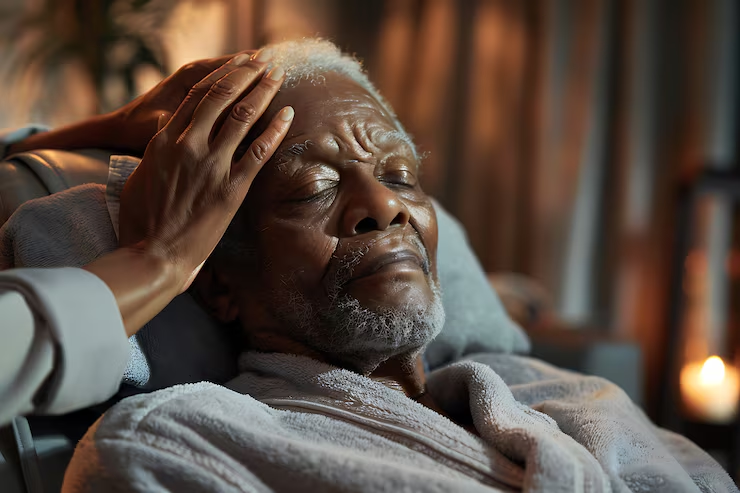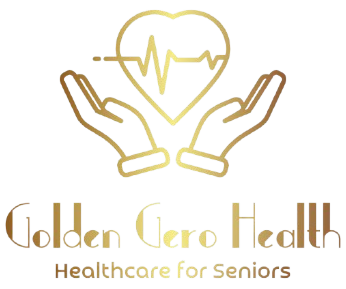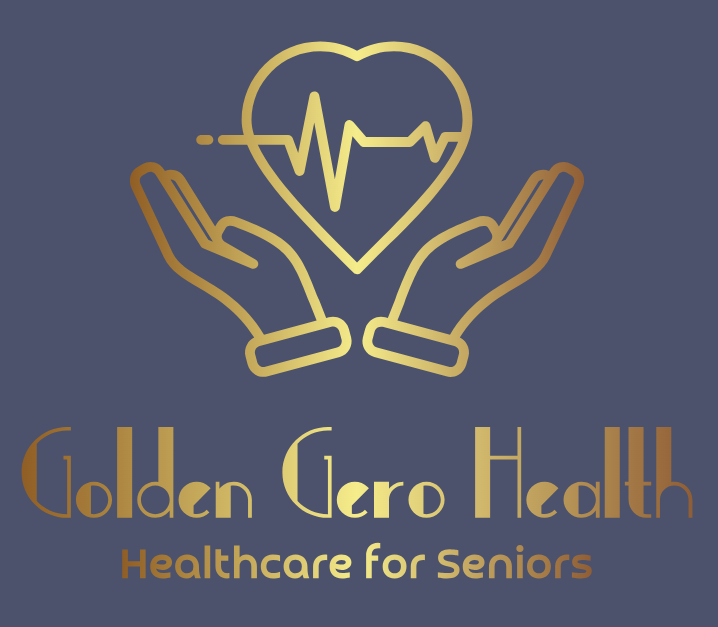Book Appointment Now

A stroke happens when the blood supply to the brain is suddenly blocked or reduced, causing brain cells to die. It is a leading cause of disability and death in older adults, but the good news is that many strokes can be prevented with the right lifestyle choices and medical care.
However, there are many misunderstandings and myths about stroke, which can delay treatment or prevent people from taking the right steps to reduce their risk.
As a geriatrician, I want to share 5 important facts and 5 common myths about stroke, so you can protect yourself and your loved ones.
🔹 5 Facts About Stroke in Older Adults
- Stroke Is a Medical Emergency
A stroke happens suddenly and requires immediate medical attention. The faster a person gets treatment, the better their chances of recovery. Every minute counts!
👉 Remember the F.A.S.T. test to recognize stroke symptoms:
✅ F – Face: Does one side of the face droop?
✅ A – Arms: Can the person raise both arms? Does one drift downward?
✅ S – Speech: Is speech slurred or strange?
✅ T – Time: Call emergency services immediately (999 in the UK, 112 in Europe) if you notice these signs.
- High Blood Pressure Is the Biggest Risk Factor for Stroke
Uncontrolled high blood pressure (hypertension) is the leading cause of stroke. Other risk factors include:
❌ Smoking
❌ Diabetes, high blood sugar
❌ High cholesterol
❌ Heart disease (like irregular heart beat)
❌ Obesity, large body weight with body mass index greater than or equal to 30 and lack of regular exercise
- Stroke Can Cause Different Types of Disability
A stroke can affect different parts of the brain, leading to various disabilities, such as:
🔹 Weakness or paralysis on one side of the body, inability to raise the arm or leg
🔹 Speech and communication problems, difficult speaking and finding the right word to express what you are thinking or what you want to say.
🔹 Memory loss and difficulty thinking, usually easily forgetting new information or remembering something you recently plan to do,
🔹 Difficulty swallowing, usually food going the wrong way leading to coughing and not able to swallow solid or lump of food.
- Some Strokes Are “Silent” but Still Dangerous
Some strokes happen without obvious symptoms—these are called silent strokes. They may be discovered later on a brain scan and can increase the risk of dementia and future major strokes.
- Many Strokes Can Be Prevented
Up to 80% of strokes that is 4 in 5 strokes can be prevented by managing risk factors. This includes:
✅ Keeping blood pressure under control
✅ Eating a healthy diet (low in salt, sugar, and unhealthy fats)
✅ Exercising regularly
✅ Avoiding smoking and limiting alcohol
✅ Managing diabetes and cholesterol levels
🔻 5 Common Myths About Stroke in Older Adults
- “Strokes Only Happen to Very Old People”
❌ Myth: Stroke only happens to people in their 80s or 90s.
✅ Truth: While stroke is more common in older adults, it can happen at any age. Even people in their 40s, 50s, or 60s can have a stroke, especially if they have high blood pressure, diabetes, or smoke.
- “Strokes Are Not Preventable—They Just Happen”
❌ Myth: Stroke is just bad luck and cannot be prevented.
✅ Truth: Most strokes are preventable! Keeping blood pressure normal, exercising, eating well, and avoiding smoking significantly reduce the risk.
- “If Stroke Symptoms Go Away, It’s Nothing to Worry About”
❌ Myth: If symptoms disappear after a few minutes or hours, there’s no need to see a doctor.
✅ Truth: This may be a Transient Ischemic Attack (TIA) or “mini-stroke”, which is a warning sign of a major stroke. TIAs require immediate medical attention to prevent a full stroke.
- “Once You Have a Stroke, You Can’t Recover”
❌ Myth: Stroke damage is always permanent.
✅ Truth: Many people recover partially or fully after a stroke, especially with early medical treatment and rehabilitation. Physical therapy, speech therapy, and lifestyle changes can help regain function and improve quality of life.
- “Only Weakness or Paralysis Means Stroke”
❌ Myth: Stroke only causes paralysis or difficulty walking.
✅ Truth: Stroke can cause many different symptoms, including:
🔹 Sudden confusion or trouble understanding
🔹 Vision problems in one or both eyes
🔹 Dizziness, loss of balance, or coordination problems
🔹 Severe headache with no known cause
If any of these symptoms appear suddenly, seek medical help immediately!
Final Thoughts: Act Fast, Stay Healthy!
Stroke is serious, but many strokes can be prevented and treated with early action. To protect yourself:
✔ Know the risk factors and manage your health
✔ Watch for warning signs and seek help quickly
✔ Adopt a healthy lifestyle with good food, exercise, and no smoking
✔ Take medications as prescribed by your doctor
Your health is in your hands—let’s prevent stroke and stay strong!

